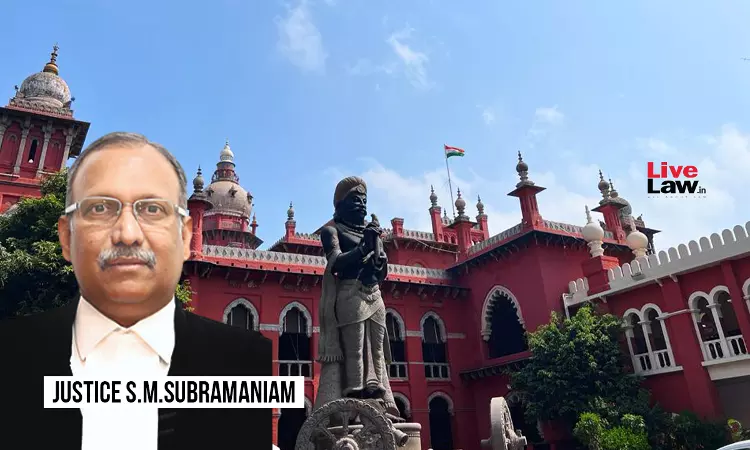Allotment Of Law Chambers Should Be As Per Procedure, Not Favouritism: Madras High Court
Upasana Sajeev
21 March 2023 9:30 AM IST

Next Story
21 March 2023 9:30 AM IST
The Madras High Court has observed that favouritism while allotting law chambers should not be encouraged and the allotments should be made as per the established procedure. The court added that even if certain adjustments were to be made, they should not be unilateral decisions and the consent of the Lawyers concerned was necessary. Lawyers are performing noble profession and they...
